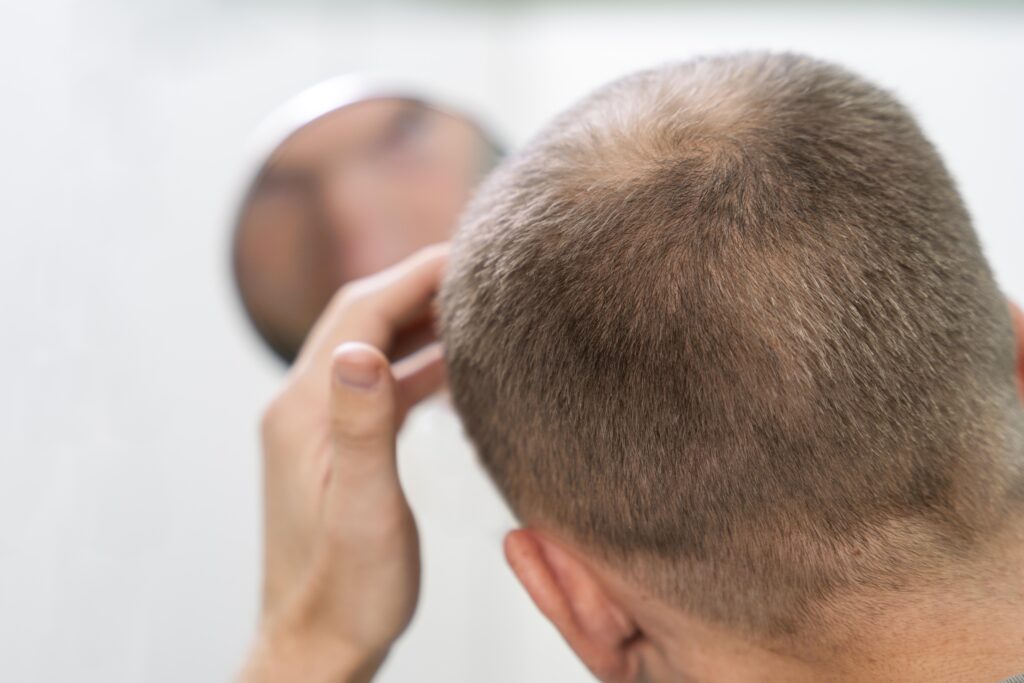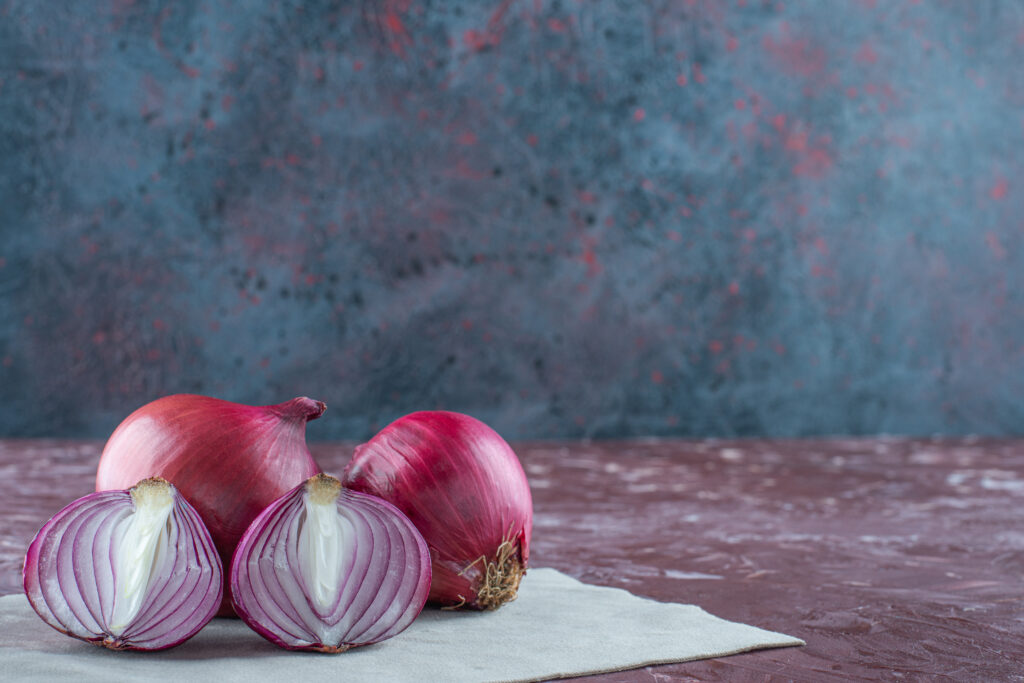Rose water for hair is a natural miracle that hydrates, soothes, and revitalizes your locks. Discover how this fragrant elixir can transform your hair care routine!
Table of Contents
How does rose water work for hair
Rose water revitalizes hair by balancing the scalp’s pH, reducing oiliness, and promoting a healthier environment for hair growth. Its soothing properties make it ideal for sensitive scalps.
Packed with antioxidants and vitamins, rose water repairs damaged hair, strengthens follicles, and adds a natural shine. Its anti-inflammatory qualities also calm irritation and reduce dryness
Hydration at Its Best: How Rose Water Moisturizes Hair
Rose water acts as a natural hydrator, deeply moisturizing dry and brittle hair. It locks in moisture, leaving your strands softer and more manageable after just a few applications.
The lightweight texture of rose water ensures hydration without weighing down your hair. Its natural nutrients restore elasticity, preventing breakage and enhancing overall hair health.
Fighting Frizz: The Smoothing Power of Rose Water for hair
Say goodbye to frizz with rose water’s smoothing properties. It tames unruly strands and seals the hair cuticle, providing a sleek, polished look without harmful chemicals.
Regular use of rose water improves hair texture, making it easier to style and reducing static. It’s a quick, natural fix for frizz-prone hair on humid days.
Does rose water help with dry scalp
Yes! Rose water’s hydrating properties relieve itchiness and flakiness caused by a dry scalp. It restores moisture balance, leaving your scalp refreshed and comfortable.
Rich in anti-inflammatory compounds, rose water reduces redness and irritation while promoting a healthier scalp environment. This can also help in minimizing dandruff over time.
Strengthening Hair Follicles: Rose water for hair growth
Rose water strengthens hair follicles by improving blood circulation in the scalp. This enhanced nutrient delivery fosters healthier, stronger hair growth naturally.
Using rose water regularly can minimize hair breakage and split ends. Its antioxidants protect hair from damage, ensuring thicker, more resilient strands over time.
Soothing Irritation: Rose Water for a Healthier Scalp
Rose water’s natural anti-inflammatory and antibacterial properties make it an excellent remedy for calming an irritated or itchy scalp. It helps reduce redness and discomfort caused by dandruff, scalp eczema, or minor infections. Regular use can promote a balanced scalp environment, ensuring your hair grows in a healthier and more nourished state.
How to make rose water for hair
Making rose water at home is simple and ensures that you get a pure, chemical-free product. Follow these detailed steps for the best results:
Step 1: Gather Fresh Rose Petals
Choose fresh, organic roses that are free of pesticides. You’ll need about 1-2 cups of rose petals, depending on the quantity of rose water you want to make.
- Tip: Red and pink roses are preferred for their stronger fragrance and vibrant color.
- Rinse the petals thoroughly under cold water to remove any dirt or impurities.
Step 2: Simmer Petals in Distilled Water
- Place the rose petals in a large pot, covering the bottom in an even layer.
- Add just enough distilled water to cover the petals. Avoid adding too much water, as this can dilute the rose water.
- Cover the pot with a lid and simmer on low heat for 20-30 minutes. The petals will lose their color, and the water will turn a pale pink or amber hue.

Step 3: Strain the Liquid
- Remove the pot from the heat and allow it to cool slightly.
- Use a fine mesh strainer or cheesecloth to strain the liquid into a clean bowl. This will separate the rose water from the petals.
- Discard the used petals or compost them.
Step 4: Store Your Rose Water
- Pour the strained rose water into a clean, sterilized container or spray bottle.
- Use glass bottles for storage, as they help preserve the quality better than plastic.
- Store the rose water in the refrigerator to extend its shelf life. Properly stored rose water can last up to 2 weeks.
Optional Step: Add Natural Preservatives
If you want your rose water to last longer, consider adding natural preservatives like:
- A few drops of vitamin E oil.
- A teaspoon of witch hazel.
- A few drops of essential oil like lavender for added fragrance.
Pro Tip: Always label your homemade rose water with the preparation date to track its freshness.
Your homemade rose water is now ready to use as a refreshing spray, a hair rinse, or an ingredient in DIY hair masks!
How to Use Rose Water for Hair in Your Daily Routine
Use rose water as a leave-in spray for instant hydration and a natural shine. Simply mist it on damp or dry hair and style as usual.
For a deep scalp cleanse, massage rose water directly into your scalp before shampooing. This enhances blood flow and removes product buildup effectively.
Avoiding Common Mistakes When Using Rose Water for Hair
- Don’t overuse: Excessive application can make hair greasy or cause buildup.
- Patch test first: Ensure you’re not allergic to rose water before regular use.
- Choose natural products: Avoid rose water with added chemicals or artificial fragrances for optimal benefits.
- Store it properly: Keep rose water in a cool, dark place to maintain its quality.
Conclusion
Rose water for hair is a timeless, natural remedy that offers numerous benefits, from hydrating dry strands to promoting scalp health and hair growth. Its soothing properties make it ideal for tackling issues like frizz, dryness, and irritation, while its versatility allows it to fit seamlessly into your daily hair care routine.
Whether you use it as a leave-in spray, a scalp treatment, or a DIY hair rinse, rose water can rejuvenate your locks and enhance their overall health. Embrace this fragrant elixir and let it transform your hair into the soft, shiny, and manageable crowning glory you deserve!
Pictures Credits: Designed by Freepik



